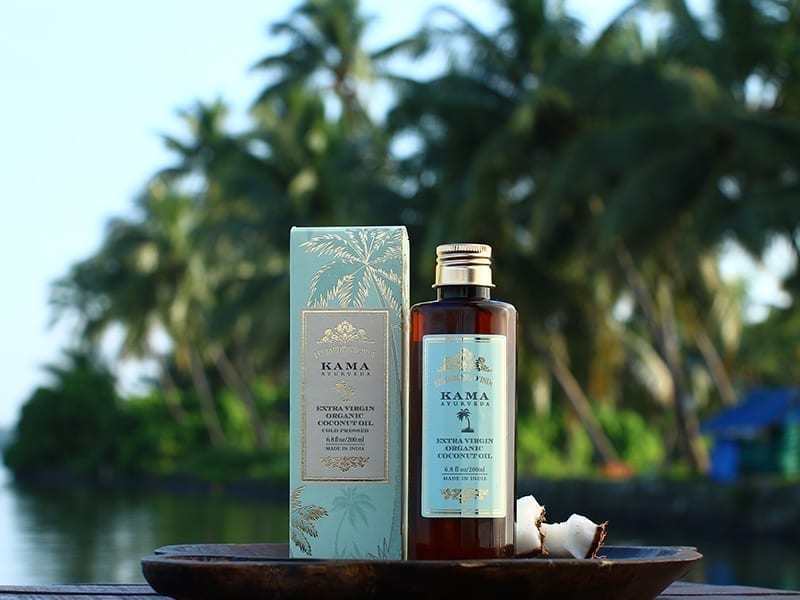At least a third of women are affected by the problem of hair thinning. There can be a number of underlying reasons, but unlike men, women typically face this problem without going completely bald. Before trying to deep dive into it, you need to understand what is causing the hair to stick to your brush and shoulders instead of staying on your scalp.
Though hair fall and hair thinning can be stabilised with treatments and various cosmetic approaches, Kama Ayurveda’s in-house specialist Dr Sharad Kulkarni talks about some important facts and an ayurvedic approach to treat the problem.
1. Are hair thinning & hair loss the same?
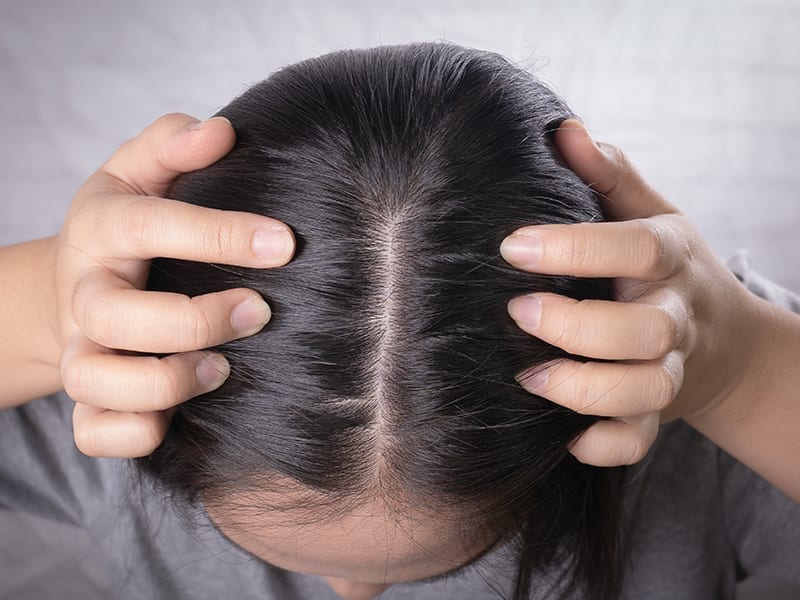
No, they are not the same. While hair thinning pertains to a decrease in the mass or density of the hair, hair loss is the complete loss of the hair follicle. So, you may continue to get scanty hair growth on your scalp, but in case of hair loss, without rejuvenating the follicle, chances of hair growth are close to none.
2. What are some common causes of hair thinning?
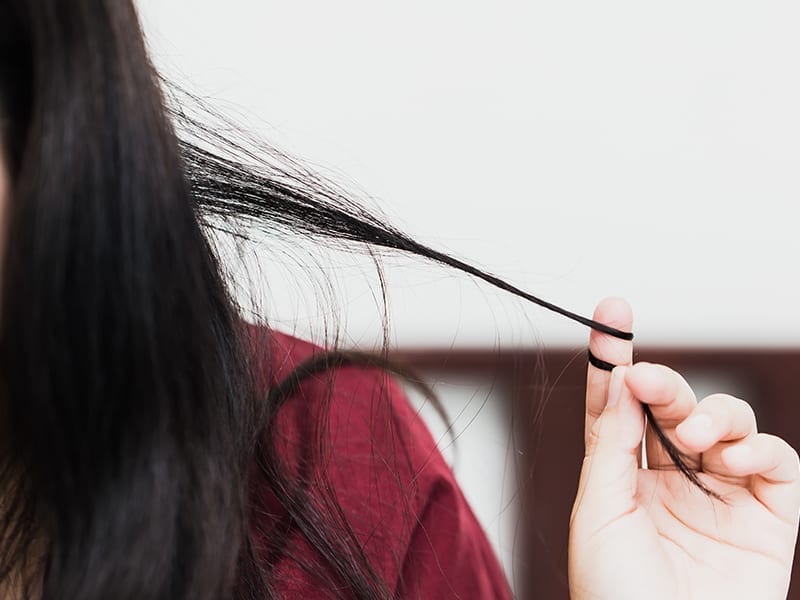
Some common causes of hair thinning include ageing, hormonal changes, vitamin deficiencies (especially vitamin D and B12), alopecia, infections, pregnancy, stress, underlying diseases, medications, and an imbalanced diet. PCOS/PCOD seems to be one of the major causes of hair thinning, given the rising number of women who are suffering from this lifestyle disease.
3. What are some common causes of hair loss?
Hair loss has similar causes to hair thinning, along with psychological disorders, such as the hair-pulling disorder, Trichotillomania. It could also be because of radiation, certain medications, heredity, and other almost irreversible problems that cause the hair follicle to die altogether.
4. What are some ayurvedic shampoos or ingredient mixes you recommend for such problems?
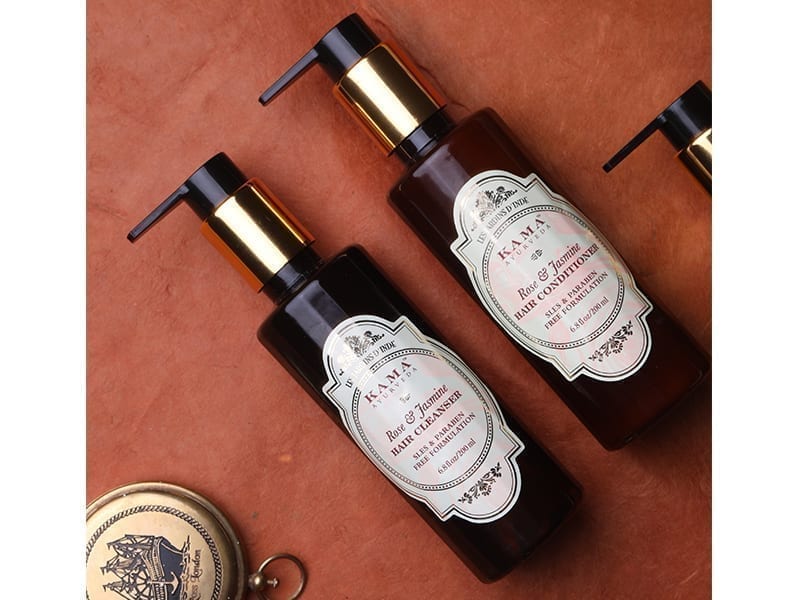
In case of hair loss or thinning, you should use mild shampoos that don’t cause a lot of friction, frizziness, or breakage. Look out for ingredients like Amla, Bhringaraj, Neem, Aloe Vera, Hibiscus, Loha Bhasma, and Vidanga-based Sesame or Coconut oil. These ingredients are great to have, not just in your shampoos but in your hair oil, conditioners, hair masks, and other products you’re using to maintain your tresses. They help reduce hair fall, thinning, and hair loss.
5. Does hair fall control oil work?
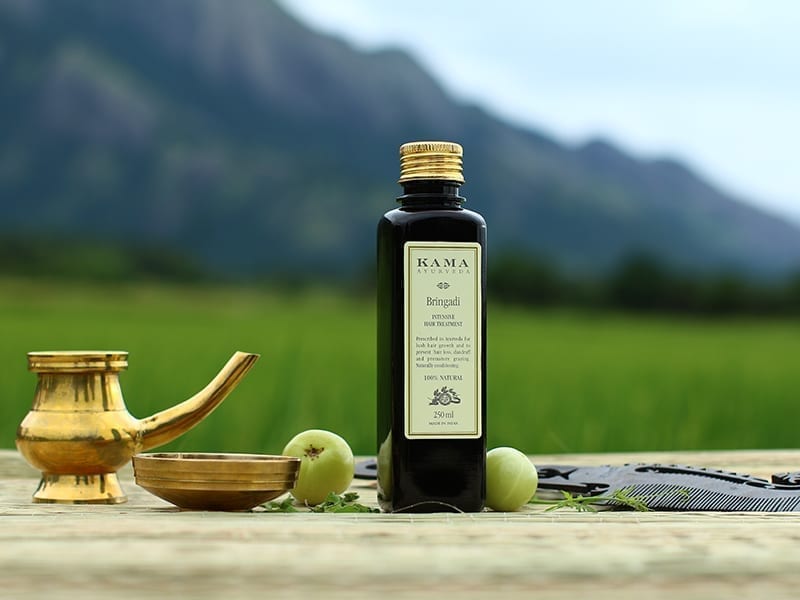
In addition to healthy lifestyle practices, hair fall control oils work wonders too. Again, look out for ingredients like Amla, Bhringaraj, Neem, Aloe Vera, Hibiscus, Loha Bhasma, and Vidanga-based Sesame or Coconut oil. You can oil your hair once a week, maximum twice a week.
6. What are some key hair care & hygiene changes you can make to arrest hair loss?
To keep hair loss or thinning at bay, keep the scalp clean and wash your hair at least 3-4 times a week. Some people avoid washing their hair assuming that the wash, dry, and comb routine will lead to more hair fall. This is counterproductive. The build-up of dirt and dust on your scalp actually clogs the pores and makes your hair strands weaker and more susceptible to tears and being uprooted.
7. Can you prescribe the right hair washing, drying and frequency routine to minimise hair loss?
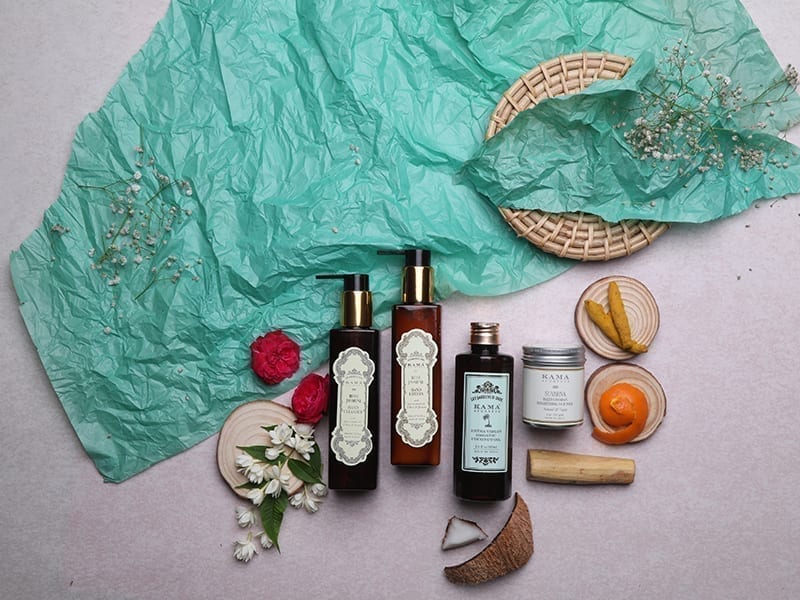
To minimise hair loss, ensure that you do not rub the hair while you’re drying it. Towel dry the hair by patting them dry instead. Also, avoid the use of heat-based styling tools or dryers on your hair. These will damage your hair and reduce the quality of your strands further.
8. Do hair masks work to reduce hair loss?
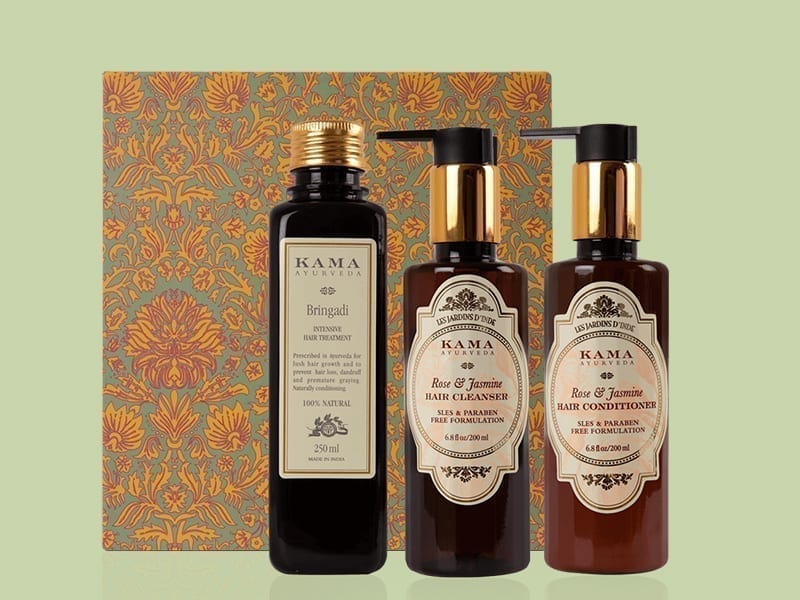
Hair masks help nourish the hair, and in turn, reduce hair loss. You can use hair masks that include Amla or Triphala, Bhringaraj, Neem, Aloe vera and Hibiscus. Even a fenugreek hair pack is effective in arresting hair loss. The purpose of hair masks is to hydrate your hair and create a protective layer. It’s like a moisturiser for your strands, just like the moisturiser you use for your face and body.
9. What are the natural supplements one can include in their diet to reduce hair loss?
Eggs are a great natural supplement to include in your diet. They are rich in protein, and you should know that our hair and nails are mainly made of keratin, which is a type of protein. Consuming 1 whole egg and 1-2 Egg whites can help reduce hair loss to a great extent. Foods rich in Omega-3s are also good for your hair. So, fatty fish like salmon and mackerel and vegetarian sources of good fats such as superfood nuts and seeds are also great dietary additions to deal with hair problems.
10. What are some of the reasons for hair not growing back on the scalp? When should you seek professional intervention from a trichologist?
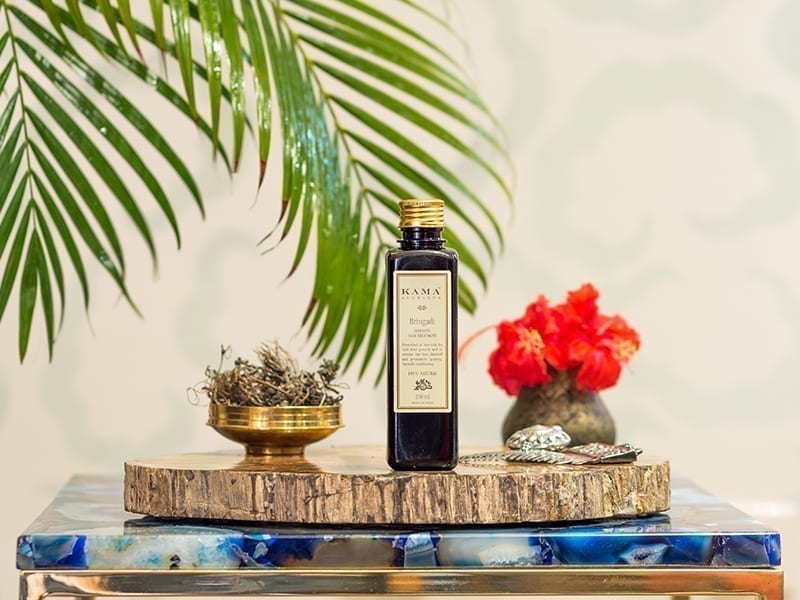
Some reasons for hair not growing back on the scalp include underlying infections and diseases, or certain medications and hormonal changes. Seek expert advice only when hair growth is uncontrolled and your scalp is visibly patchy. Also, know that it is normal to lose up to 100 hair strands a day. So while many women may panic when they see the number of strands circling the drain, it’s possible the problem is bigger in your mind than it is in reality.

